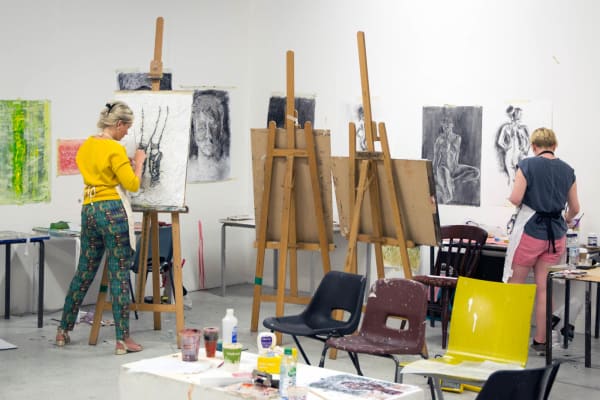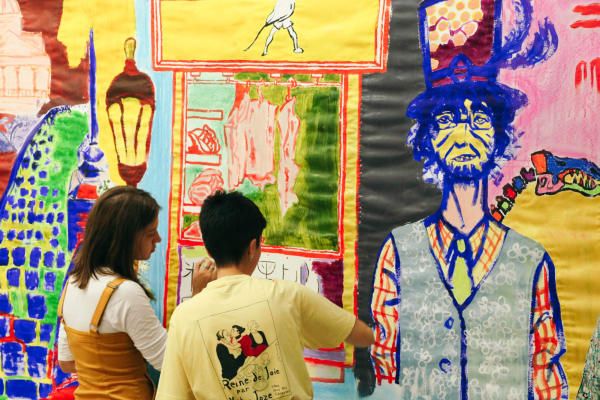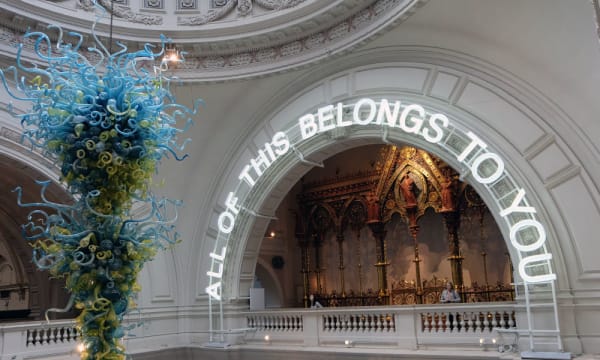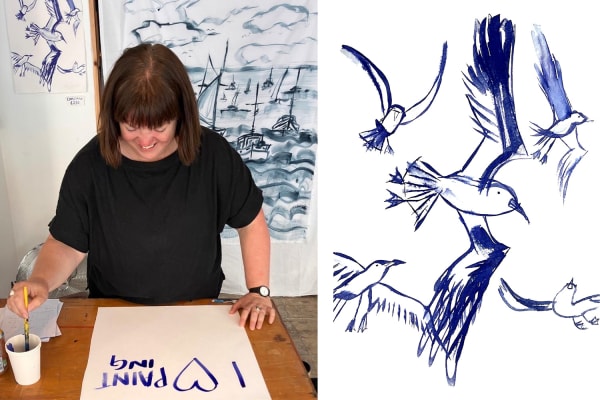UAL Short Courses
Explore what's coming up
-

Drawing and Painting Short Course students, photographed by Sean Hawkey
Spring School
Explore our exciting range of short courses running on campus from 23 March to 10 April 2026.
-

Image: Student painting on canvas, Camberwell College of Arts, UAL
Evening and weekend courses
See upcoming evening and weekend courses. Spring Term 2026 and beyond.
-

Student Work and Textures, Teenager, Urban Sketchbook for 16 to 18 Year Olds_(c) Sean Hawkey
Courses for teenagers
Courses for creative teens aged 11 to 18, on campus or online.
Browse by subject
What else do we offer?
-

Customised training
Tell us how you want to develop your or your team's skills and we will tailor the course for you.
-

Mo Oguntuase, 2023 BA Public Relations, London College of Communication, UAL | Photograph: Alys Tomlinson
Online short courses
Explore online short courses, with live online classes and on-demand learning available.
-

Student fine drawing
Graded awards in drawing
Graded Awards in Drawing are UAL Short Courses certifications assessed by subject specialists, giving recognition to your drawing skills.
-

Image: Sketchbook of Courtney Burnan, Case Study | UAL
Portfolio preparation courses
We offer a range of practical portfolio preparation courses to help you develop and present your best work.
Contact us
If you have questions - get in touch:
+44(0) 207 514 7015
Newsletter
Be the first to hear about courses starting soon.
Browse stories
-

Image: Brand Management Short Course , UAL Short Courses Learn how to build a strong brand with a short course
Marketing professional Shalini Malhotra tells us about her work and experience on our Brand Management Short Course at Chelsea College of Arts.
-

, UAL How to enjoy fine art from home in 2026
We want to bring you the best fine art to your home by offering access to dynamic exhibitions and critically acclaimed artworks from around the world.
-

Oil Painting , UAL Short Courses Plan your year ahead: spring and summer 2026 with UAL Short Courses
Here at UAL Short Courses, we have a huge range of spring and summer 2026 short courses now available to book. Take a look at what's coming up this year.
-

Image: left: Megan Metcalf painting, right: artwork by Megan Metcalf , Megan Metcalf Discover the importance of storyboarding for film, video and animation
Professional artist and former short course student Megan Metcalf tells us about her experience on our Storyboarding For Film Video And Animation Short Course.
Practical information
Summer Accommodation for Short Course students
UAL Short Courses Ltd. accessibility statement

